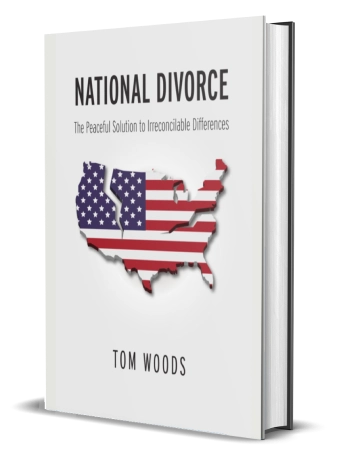Patrick Newman discusses the depression of the 1870s, which is often cited as evidence of the economic instability of laissez-faire capitalism. It was nothing of the sort, says Newman, who uses Austrian business cycle theory to understand what really happened.
About the Guest
Patrick Newman is a PhD student in the Department of Economics at George Mason University.
Book Mentioned
A History of Money and Banking in the United States: The Colonial Era to World War II, by Murray N. Rothbard
Article Discussed
“The Depression of 1873-79: An Austrian Perspective” (PDF)
Resource Mentioned
Related Episodes
Ep. 345 Economic Cycles Before the Fed
Ep. 118 Boom and Bust: The Cause (David Howden)
Special Offers
We’ve just added our 13th course at LibertyClassroom.com! Learn the history and economics they didn’t teach you, from professors you can trust and in courses you can listen to anywhere. Take 30% off a year’s subscription — which gets you everything we have! — with coupon code SHOW (all caps).
Need inexpensive web hosting? Get a discounted rate at Bluehost — just $3.95 per month! — for TomWoods.com visitors by using this special link.
Disclosure: Some of the links on this page, like the Amazon links above, are affiliate links, which means I earn a commission if you click through and buy something. So if you do, do so in the happy knowledge that at no extra cost to yourself, you are helping the Tom Woods Show!




















